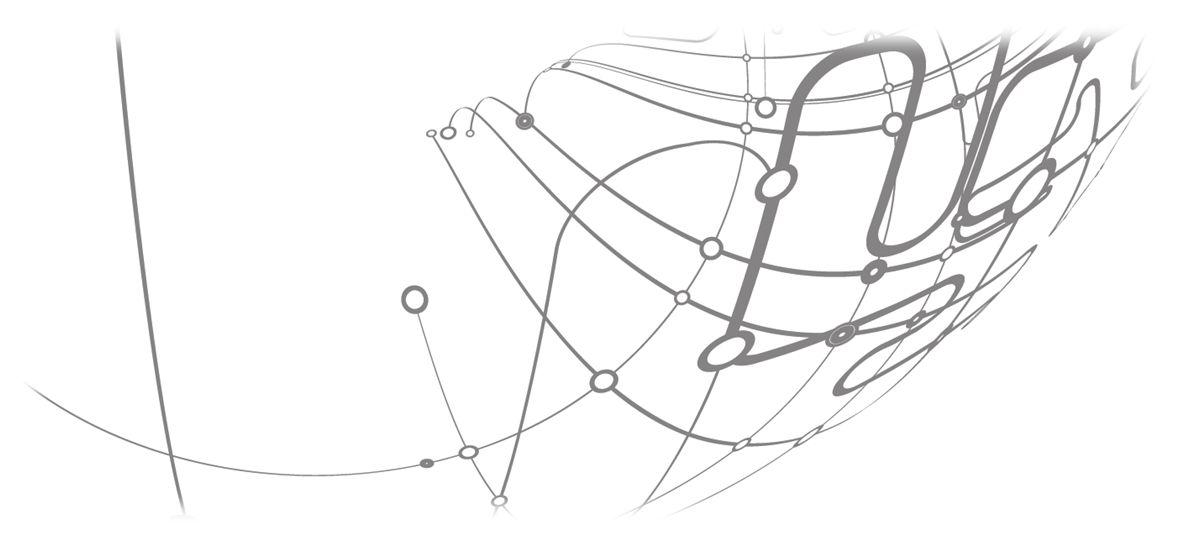ESR 1 Position: Silicon Photonics
Do you want to work on future silicon photonics systems at CERN and at Intel?
ICE-DIP is the Intel-CERN European Doctorate Industrial Program, a Marie Curie Actions project within the European Union’s 7th Framework Programme. For its newly opened research posts, ICE-DIP is seeking bright candidates in the areas of computer science and engineering to undertake doctoral training.
The Challenge
CERN is the European Organization for Nuclear Research – a world-wide particle physics laboratory in Geneva, Switzerland and home to the largest machine ever built by man, the Large Hadron Collider (LHC). Every year, the four major LHC experiments collect over 25 petabytes of data. These collaborations are now planning upgrades which will increase data rates by as much as 100x within several years – but computing facilities fit to handle such amounts of data do not exist yet.
How can you help?
If you’re an enthusiastic and talented student or young professional thinking of a doctorate, you can make a difference. If successful, you will be offered a CERN Fellowship contract with a maximum duration of 3 years.
As a highly motivated individual, keen to benefit from a unique PhD programme, you will investigate the use of silicon photonics technology in data transfer systems for future generations of high-energy particle physics detector systems. The project will initially take you from CERN in Geneva to Dublin City University, Ireland, to gain a basic understanding of optical data communications systems as part of formal PhD training. You will then spend time at the Intel Labs in California where you will work with world-leading researchers in the field of silicon photonics to understand the basics of the manipulation of light in silicon and lay out your first optical circuits. Returning to CERN you will investigate the effect of exposing silicon photonic circuits to the challenging environment of a particle physics experiment. Using the results of your tests at CERN you will go back to Intel to refine the designs in the light of your findings before returning for the final verification testing at CERN. You will be registered at Dublin City University, with fees covered for the first three years, where your academic supervisor will oversee the academic aspects of your work necessary for you to obtain your PhD degree.
Further information and requirements
You need not have graduated yet, but if you have, your graduation should have occurred after September 1st 2009. All our posts offer a competitive remuneration package and are open to EU and non-EU nationals alike.
Scientific and technical skills required:
- First class Honours degree in Physics or Electrical/Electronic Engineering
- Interest in optoelectronics, fibre optics, laser physics, materials science, solid state physics
- Work in radiation controlled areas will be required (no prior experience needed)
- Interventions in underground installations will be required (no prior experience needed)
Non-technical skills required:
- Open mind with a hunger for science and a desire to enter a doctoral program.
- Flexibility and willingness to travel – mobility is a key part of the Marie Curie Actions and you will spend approximately 50% of your appointment away from CERN. You will stay at CERN, in Ireland and in the USA over the course of the project, and are expected to participate in international conferences. In particular, the ability to travel to the USA for extended periods and eligibility for a US work visa are required.
- A driver’s license is required
- Willingness to develop a broad portfolio of skills.
- English language competency. Applicants whose first language is not English will be required to provide evidence of competency at IELTS 6.5 or equivalent (e.g. CAE, CPE).
Go to www.cern.ch/jobs to apply - make sure to specify your priorities in the application if you apply for multiple postings. Should you have questions, please send them by e-mail to icedip.jobs(at)cern.ch (inquiries only - emailed job applications will be discarded). Deadline to apply: 31 May 2013.


